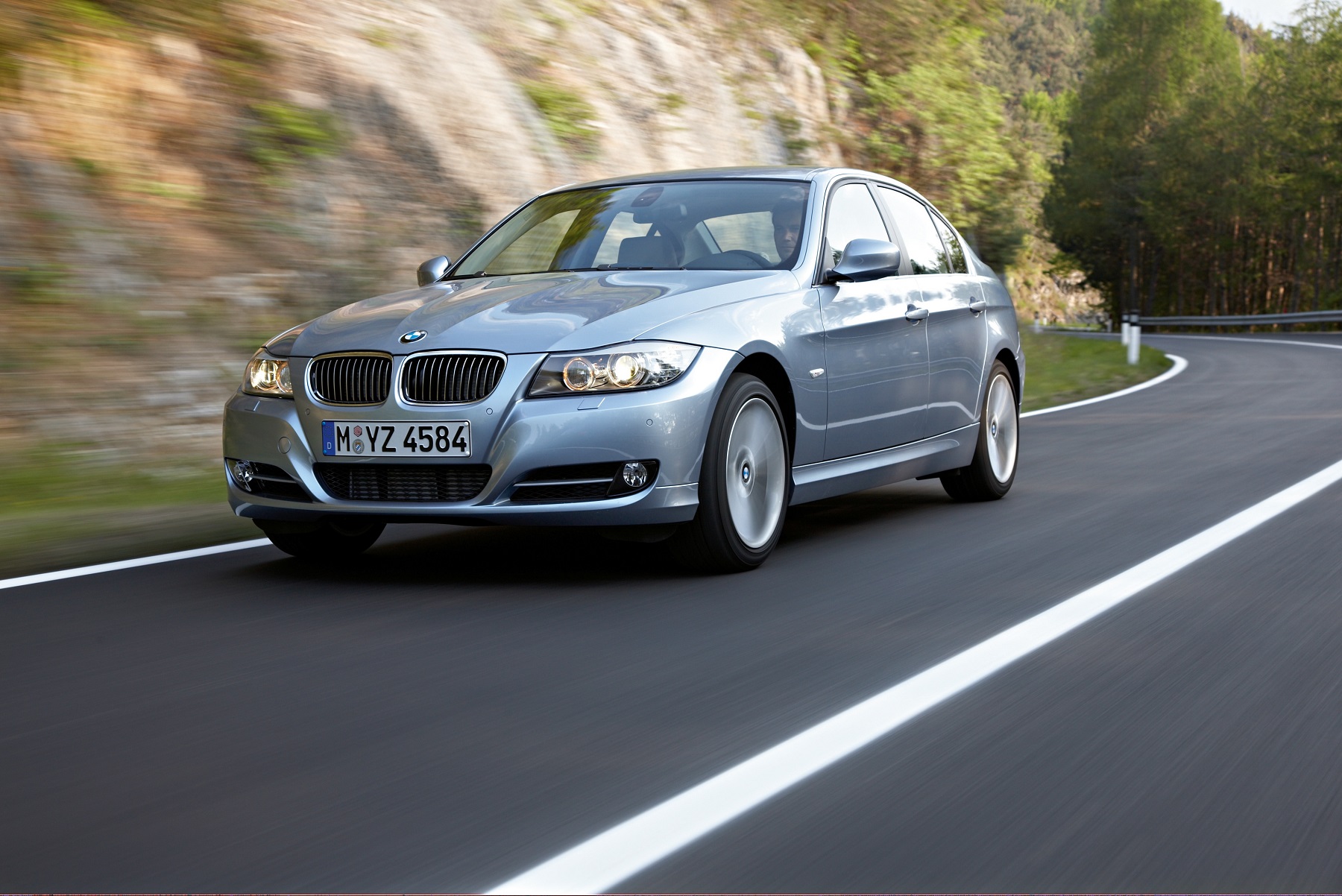
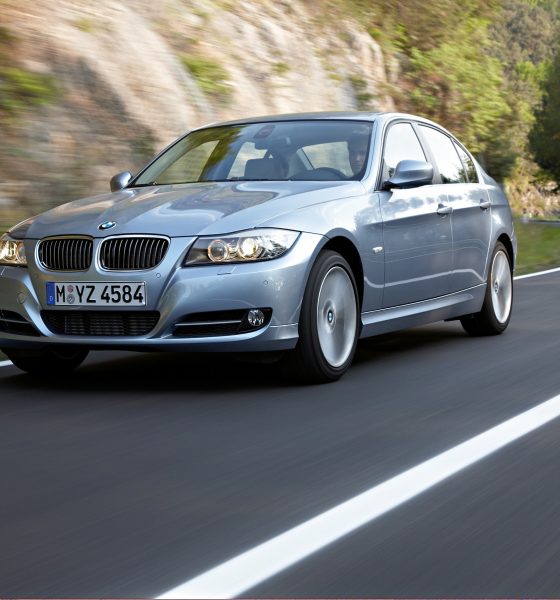
News
BMW to stand by combustion engines for at least 30 more years: 'Most of the US does not need BEVs'
BMW’s head of Research and Development Klaus Froehlich does not have any plans to push his company into the quickly growing electric vehicle sector. In a recent interview, the BMW exec stated that he believes the various markets of the world simply do not have a real need for electric cars.
BMW has the i3 and the i8, but it seems that the company is in no rush to transition into a fully electric lineup despite the environmental urgency and growing appeal of electric vehicles to mainstream buyers. Froehlich stated in an interview with Automotive News that BMW will continue to make gas engines for at least 30 years more.
“On the diesel side, production of the 1.5-liter, three-cylinder entry engine will end and the 400-hp, six-cylinder won’t be replaced because it is too expensive and too complicated to build with its four turbos. However, our four- and six-cylinder diesels will remain for at least another 20 years and our gasoline units for at least 30 years,” he said.
Yet, Froehlich’s most interesting comment was his belief that the United States simply does not have a real need for electric vehicles because of an incomplete charging infrastructure. He also claimed that while EVs are good for the east and west coast, the rest of the US will continue adopting the internal combustion engine.
“Most of the U.S. does not need BEVs. We could offer high-performance plug-in hybrids in the M space, providing a lot of fun to the driver as well as [environmental] credits for us. We see BEVs mainly in the west coast and parts of the east coast, while the rest of the U.S. will continue with conventional gasoline engines,” he said.
There is no advantage to having an electric vehicle in Europe either, according to Froehlich. The BMW exec added that hybrids will likely account for up to 25% of sales in Europe, while diesel and gasoline cars will account for more than 50%.
“In Europe there is reluctance to jump directly to BEVs, so plug-in hybrids are the right solution. We expect plug-in hybrids to account for up to 25 percent of [European sales], gasoline and diesel will have more than 50 percent and the rest will be BEVs,” he said.
This is an interesting strategy considering many European countries have already set petrol bans for less than 20 years into the future. While BMW will continue to manufacture vehicles that operate on gas or diesel fuel, they will soon be flat-out illegal in some territories.
Froehlich does not seem threatened by the phase-out of petrol, however. He stated that plug-in hybrids were a more appropriate solution considering many vehicle owners are reluctant to immediately buy an electric vehicle. Electric vehicles are growing and petrol-powered cars are beginning to look less appealing every day. Froehlich was sure to clarify that if the “world turns fully electric, we will develop dedicated architectures.”

Elon Musk
Elon Musk’s X will start using a Tesla-like software update strategy
The initiative seems designed to accelerate updates to the social media platform, while maintaining maximum transparency.
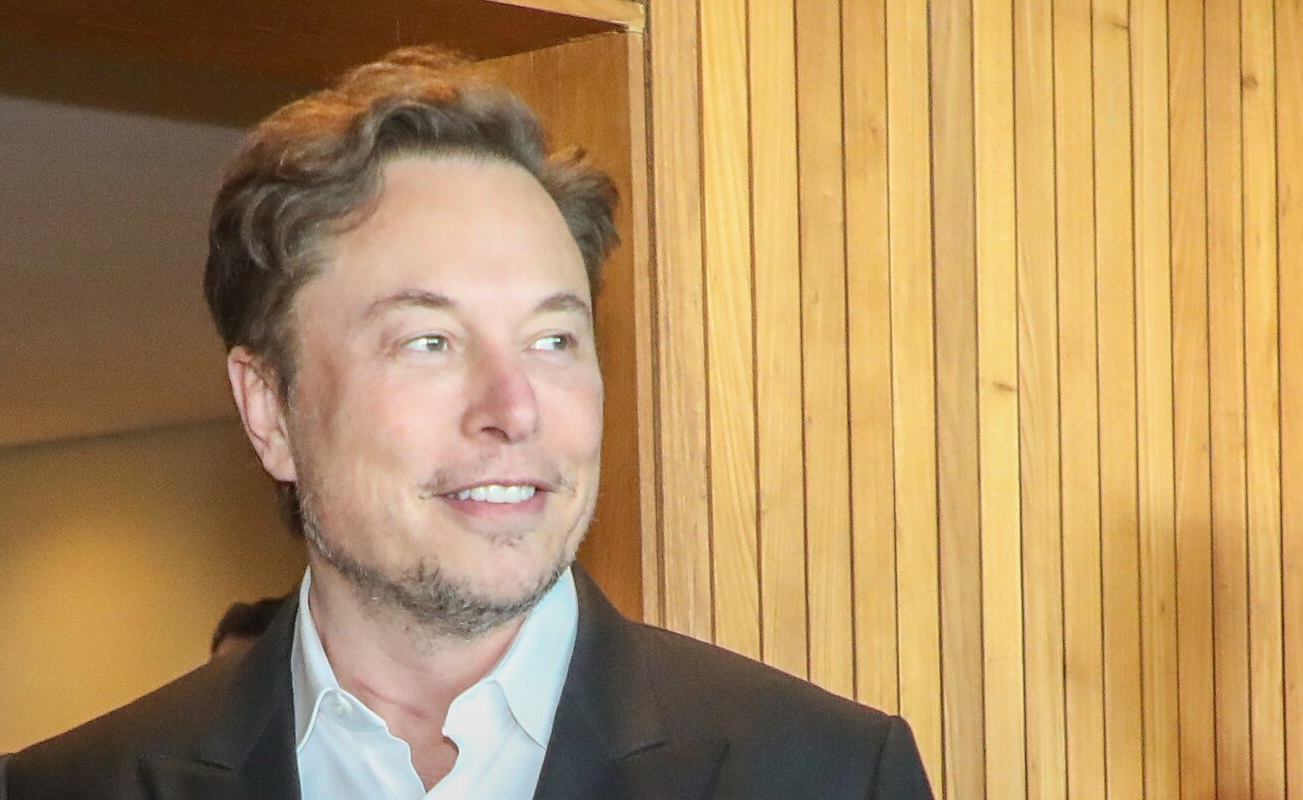
Elon Musk’s social media platform X will adopt a Tesla-esque approach to software updates for its algorithm.
The initiative seems designed to accelerate updates to the social media platform, while maintaining maximum transparency.
X’s updates to its updates
As per Musk in a post on X, the social media company will be making a new algorithm to determine what organic and advertising posts are recommended to users. These updates would then be repeated every four weeks.
“We will make the new 𝕏 algorithm, including all code used to determine what organic and advertising posts are recommended to users, open source in 7 days. This will be repeated every 4 weeks, with comprehensive developer notes, to help you understand what changed,” Musk wrote in his post.
The initiative somewhat mirrors Tesla’s over-the-air update model, where vehicle software is regularly refined and pushed to users with detailed release notes. This should allow users to better understand the details of X’s every update and foster a healthy feedback loop for the social media platform.
xAI and X
X, formerly Twitter, has been acquired by Elon Musk’s artificial intelligence startup, xAI last year. Since then, xAI has seen a rapid rise in valuation. Following the company’s the company’s upsized $20 billion Series E funding round, estimates now suggest that xAI is worth tens about $230 to $235 billion. That’s several times larger than Tesla when Elon Musk received his controversial 2018 CEO Performance Award.
As per xAI, the Series E funding round attracted a diverse group of investors, including Valor Equity Partners, Stepstone Group, Fidelity Management & Research Company, Qatar Investment Authority, MGX, and Baron Capital Group, among others. Strategic partners NVIDIA and Cisco Investments also continued support for building the world’s largest GPU clusters.
News
Tesla FSD Supervised wins MotorTrend’s Best Driver Assistance Award
The decision marks a notable reversal for the publication from prior years, with judges citing major real-world improvements that pushed Tesla’s latest FSD software ahead of every competing ADAS system.
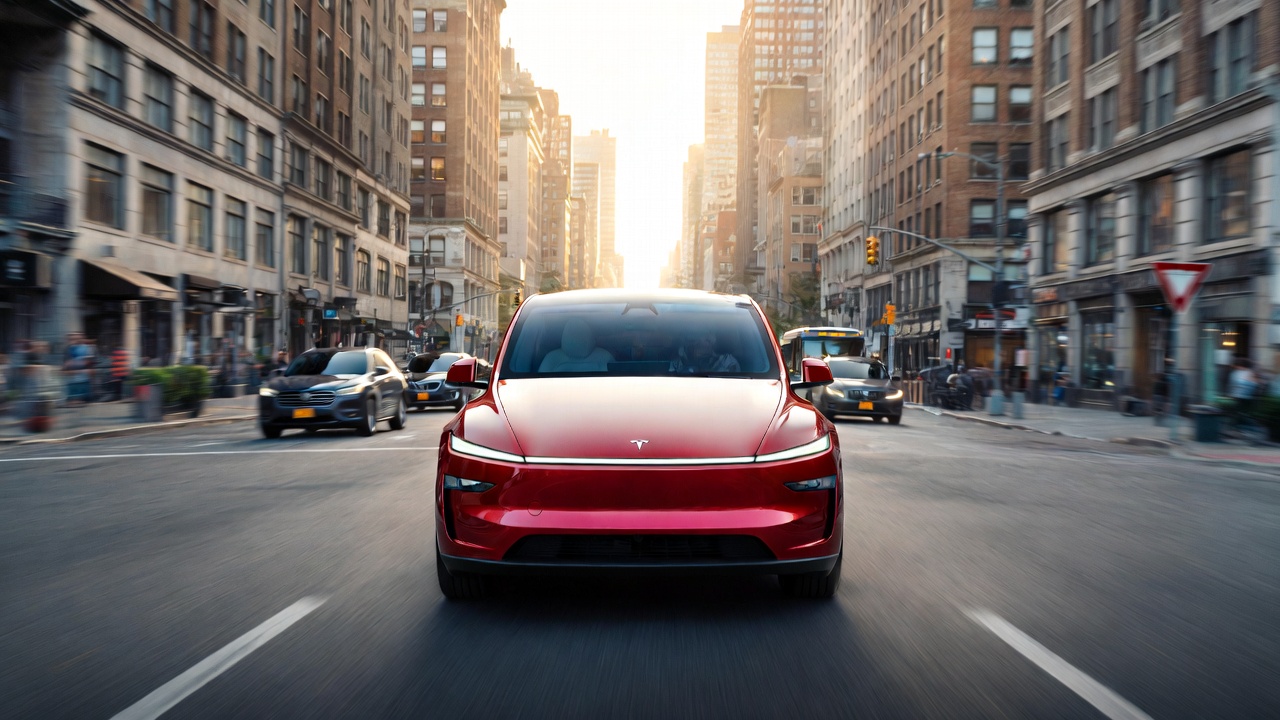
Tesla’s Full Self-Driving (Supervised) system has been named the best driver-assistance technology on the market, earning top honors at the 2026 MotorTrend Best Tech Awards.
The decision marks a notable reversal for the publication from prior years, with judges citing major real-world improvements that pushed Tesla’s latest FSD software ahead of every competing ADAS system. And it wasn’t even close.
MotorTrend reverses course
MotorTrend awarded Tesla FSD (Supervised) its 2026 Best Tech Driver Assistance title after extensive testing of the latest v14 software. The publication acknowledged that it had previously criticized earlier versions of FSD for erratic behavior and near-miss incidents, ultimately favoring rivals such as GM’s Super Cruise in earlier evaluations.
According to MotorTrend, the newest iteration of FSD resolved many of those shortcomings. Testers said v14 showed far smoother behavior in complex urban scenarios, including unprotected left turns, traffic circles, emergency vehicles, and dense city streets. While the system still requires constant driver supervision, judges concluded that no other advanced driver-assistance system currently matches its breadth of capability.
Unlike rival systems that rely on combinations of cameras, radar, lidar, and mapped highways, Tesla’s FSD operates using a camera-only approach and is capable of driving on city streets, rural roads, and freeways. MotorTrend stated that pure utility, the ability to handle nearly all road types, ultimately separated FSD from competitors like Ford BlueCruise, GM Super Cruise, and BMW’s Highway Assistant.
High cost and high capability
MotorTrend also addressed FSD’s pricing, which remains significantly higher than rival systems. Tesla currently charges $8,000 for a one-time purchase or $99 per month for a subscription, compared with far lower upfront and subscription costs from other automakers. The publication noted that the premium is justified given FSD’s unmatched scope and continuous software evolution.
Safety remained a central focus of the evaluation. While testers reported collision-free operation over thousands of miles, they noted ongoing concerns around FSD’s configurable driving modes, including options that allow aggressive driving and speeds beyond posted limits. MotorTrend emphasized that, like all Level 2 systems, FSD still depends on a fully attentive human driver at all times.
Despite those caveats, the publication concluded that Tesla’s rapid software progress fundamentally reshaped the competitive landscape. For drivers seeking the most capable hands-on driver-assistance system available today, MotorTrend concluded Tesla FSD (Supervised) now stands alone at the top.
News
Elon Musk’s Grokipedia surges to 5.6M articles, almost 79% of English Wikipedia
The explosive growth marks a major milestone for the AI-powered online encyclopedia, which was launched by Elon Musk’s xAI just months ago.
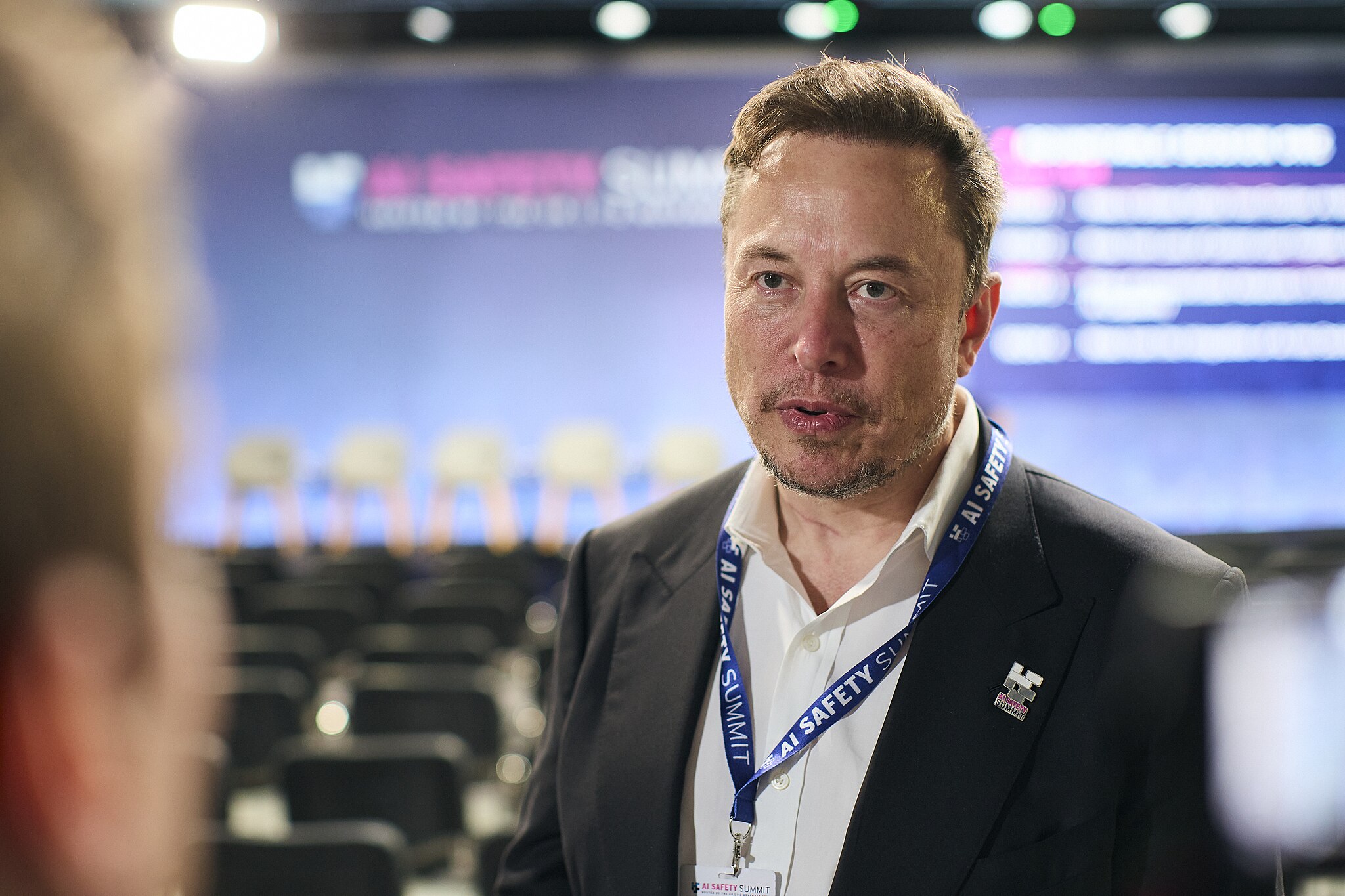
Elon Musk’s Grokipedia has grown to an impressive 5,615,201 articles as of today, closing in on 79% of the English Wikipedia’s current total of 7,119,376 articles.
The explosive growth marks a major milestone for the AI-powered online encyclopedia, which was launched by Elon Musk’s xAI just months ago. Needless to say, it would only be a matter of time before Grokipedia exceeds English Wikipedia in sheer volume.
Grokipedia’s rapid growth
xAI’s vision for Grokipedia emphasizes neutrality, while Grok’s reasoning capabilities allow for fast drafting and fact-checking. When Elon Musk announced the initiative in late September 2025, he noted that Grokipedia would be an improvement to Wikipedia because it would be designed to avoid bias.
At the time, Musk noted that Grokipedia “is a necessary step towards the xAI goal of understanding the Universe.”
Grokipedia was launched in late October, and while xAI was careful to list it only as Version 0.1 at the time, the online encyclopedia immediately earned praise. Wikipedia co-founder Larry Sanger highlighted the project’s innovative approach, noting how it leverages AI to fill knowledge gaps and enable rapid updates. Netizens also observed how Grokipedia tends to present articles in a more objective manner compared to Wikipedia, which is edited by humans.
Elon Musk’s ambitious plans
With 5,615,201 total articles, Grokipedia has now grown to almost 79% of English Wikipedia’s article base. This is incredibly quick, though Grokipedia remains text-only for now. xAI, for its part, has now updated the online encyclopedia’s iteration to v0.2.
Elon Musk has shared bold ideas for Grokipedia, including sending a record of the entire knowledge base to space as part of xAI’s mission to preserve and expand human understanding. At some point, Musk stated that Grokipedia will be renamed to Encyclopedia Galactica, and it will be sent to the cosmos.
“When Grokipedia is good enough (long way to go), we will change the name to Encyclopedia Galactica. It will be an open source distillation of all knowledge, including audio, images and video. Join xAI to help build the sci-fi version of the Library of Alexandria!” Musk wrote, adding in a later post that “Copies will be etched in stone and sent to the Moon, Mars and beyond. This time, it will not be lost.”








